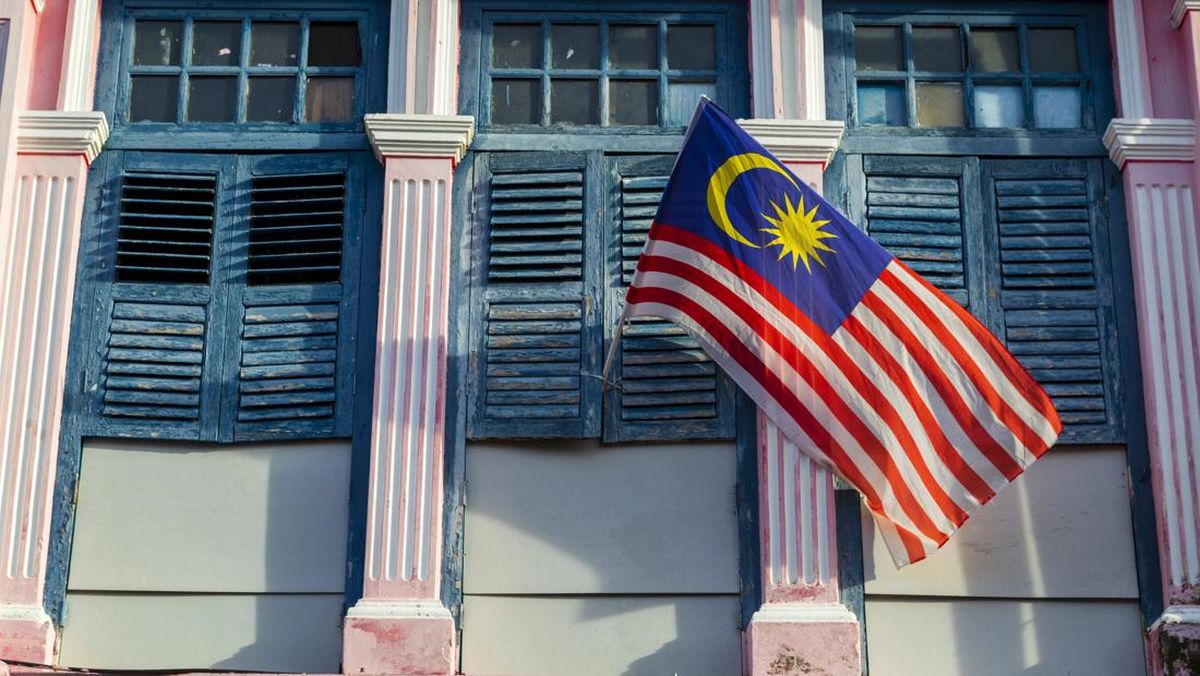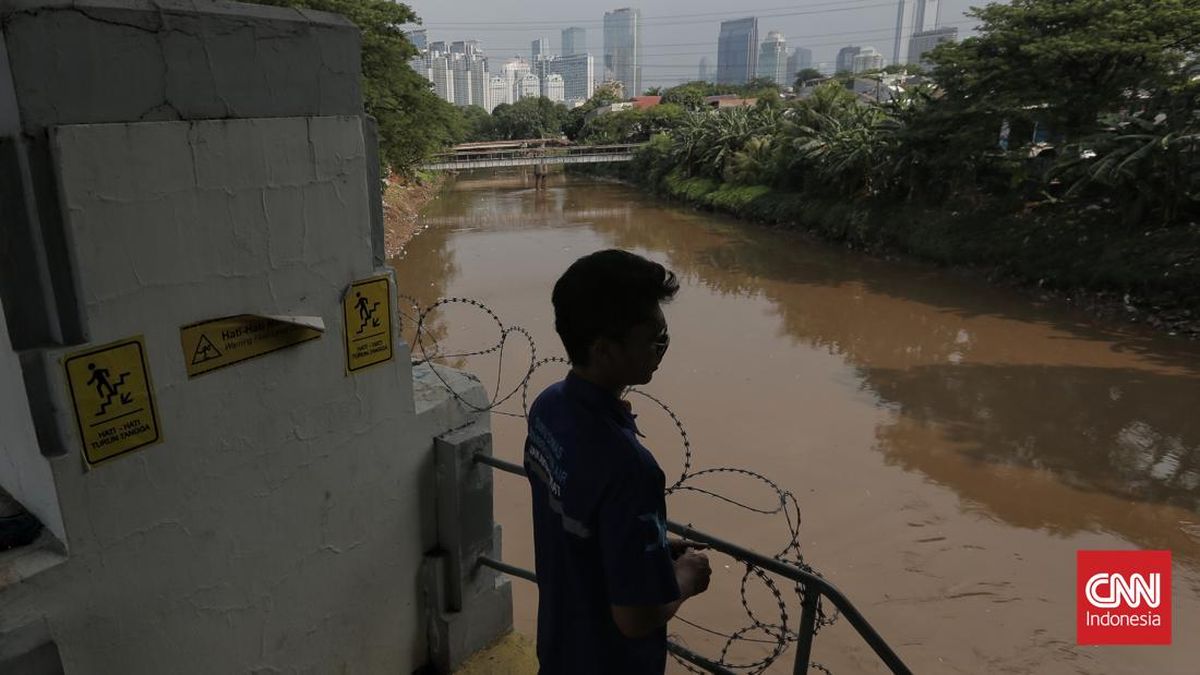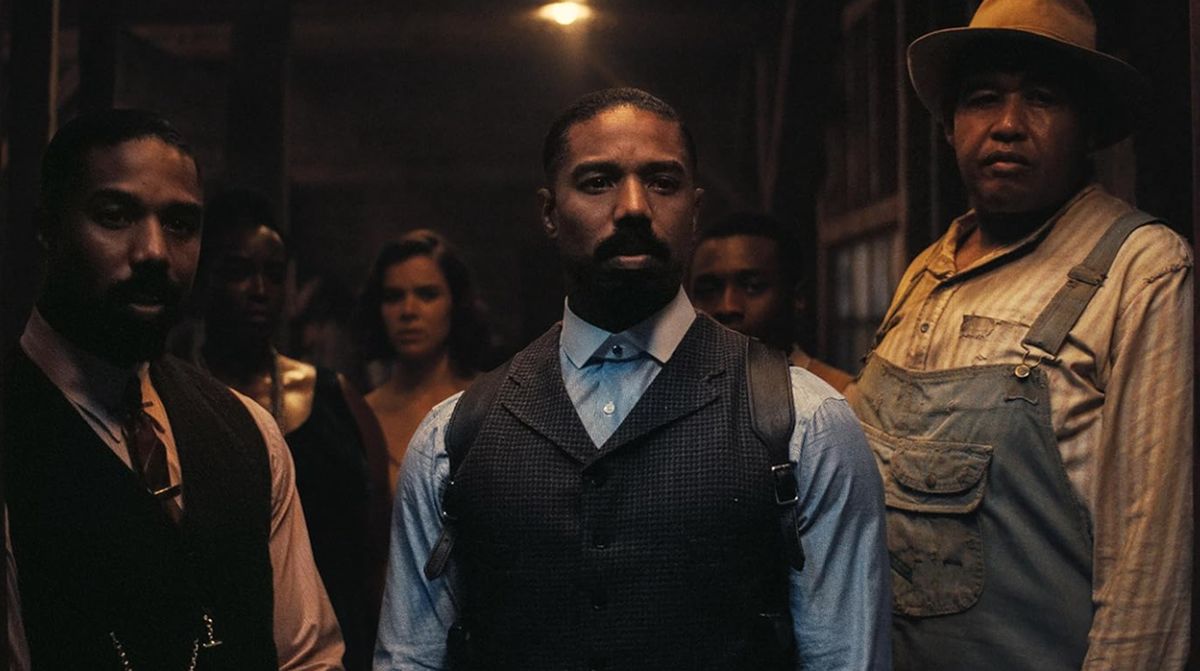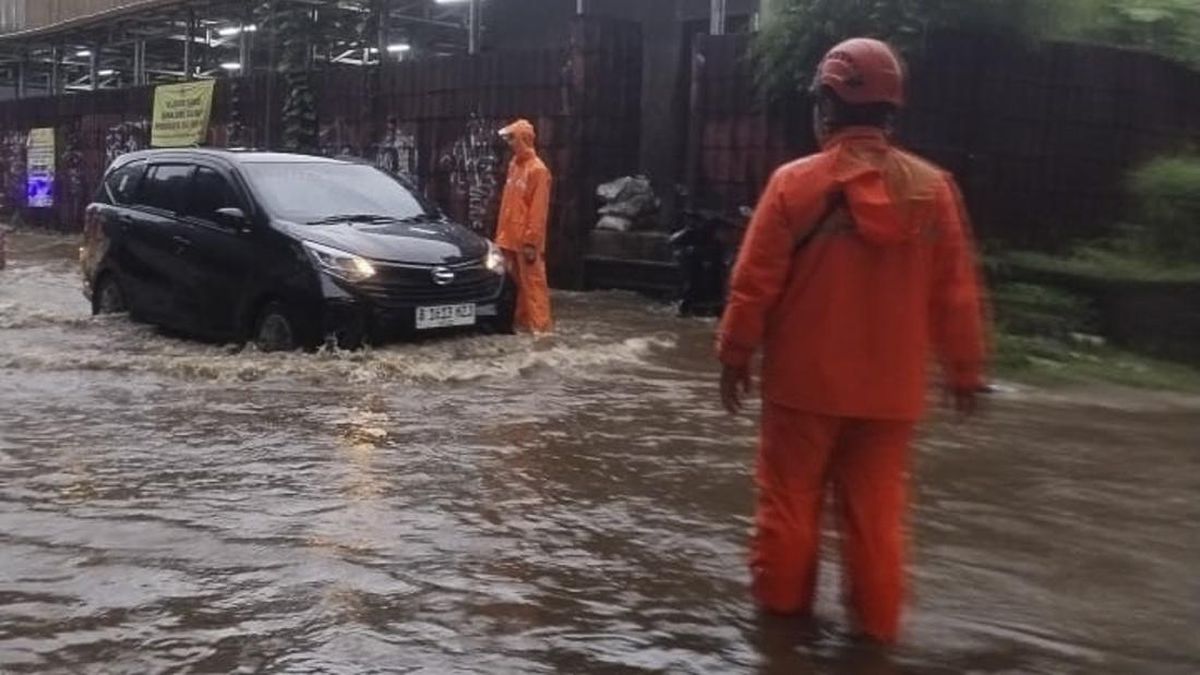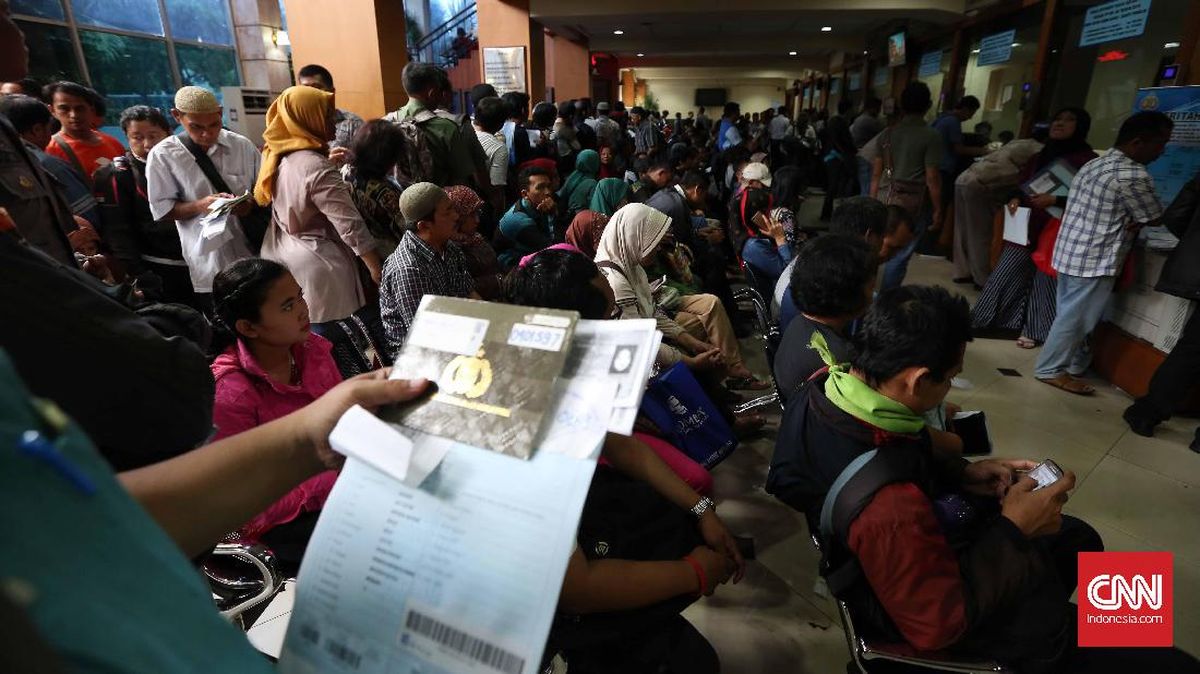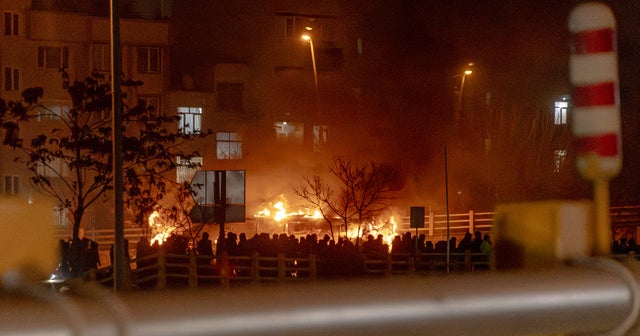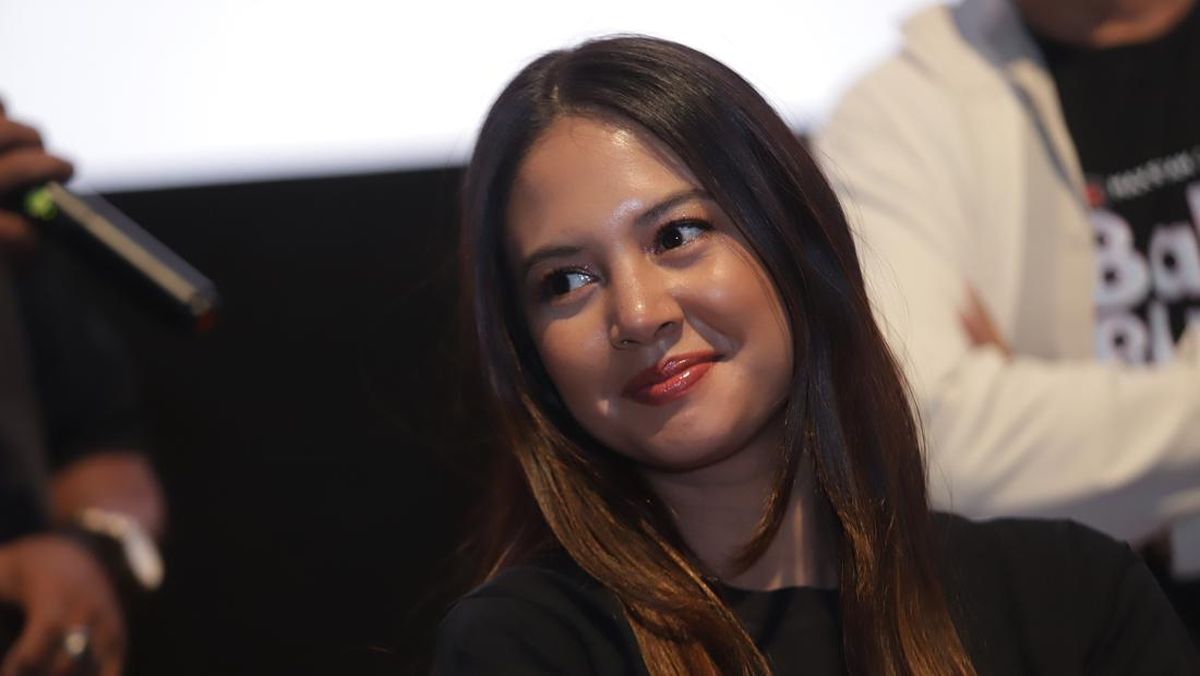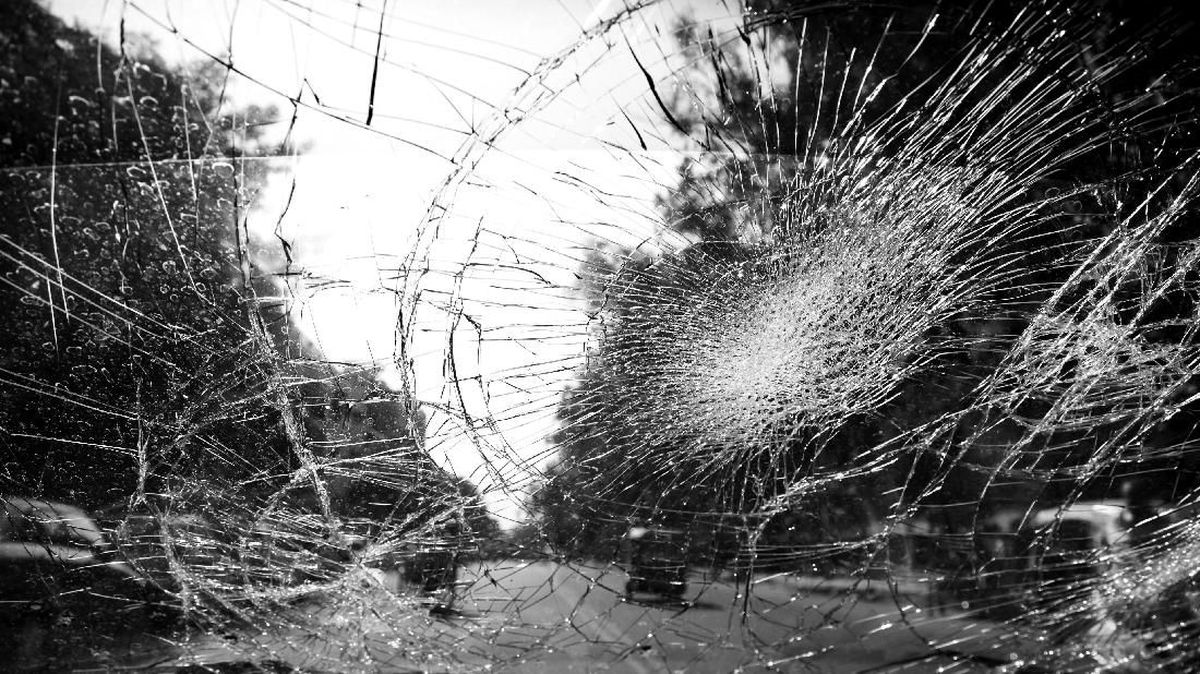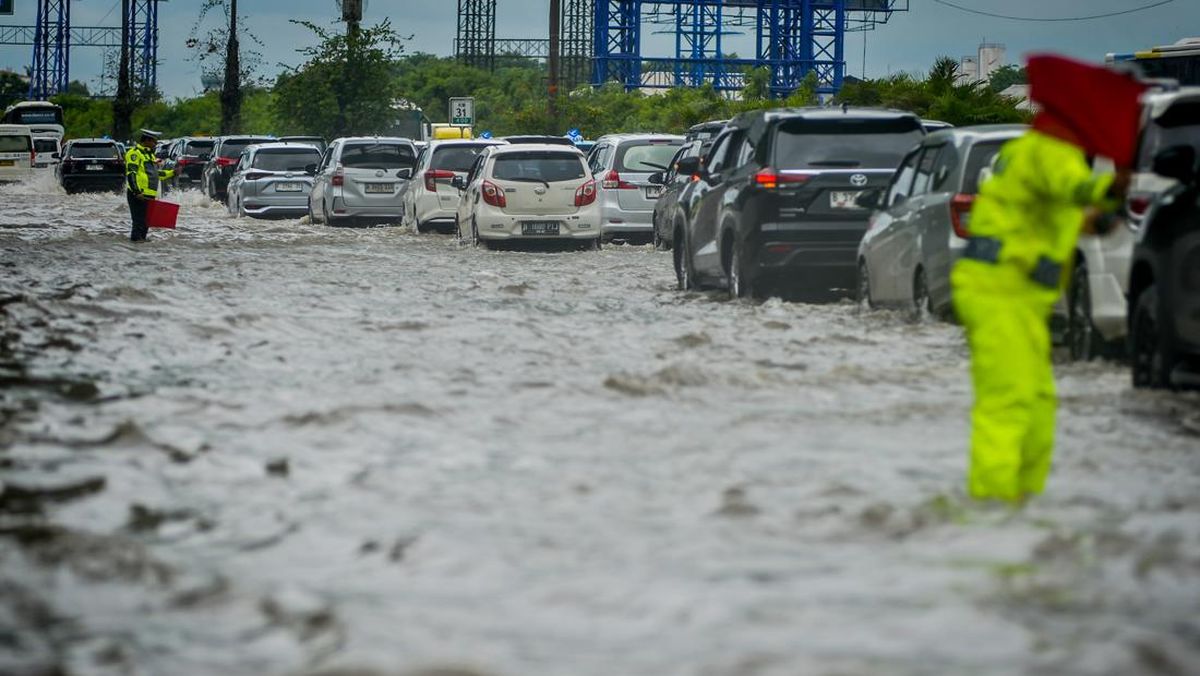Opinion
September 21, 2025 — 4.33pm
September 21, 2025 — 4.33pm
When I wrote for The Tonight Show in the US – the show that President Donald Trump this week described as being hosted by a “total loser” and on “Fake News NBC” – the last thing I was thinking was “will this joke annoy the president?”
The whole point of my job was to take jabs at political figures. Here’s one from 13 years ago that still feels applicable: “Italy’s former prime minister, Silvio Berlusconi, was sentenced to four years in prison for tax evasion. You know what you get in America for tax evasion? The Republican presidential nomination.” Now, penning something as innocuous as this for a US broadcaster would cause me to pause.

Credit: Artwork — Matthew Absalom-Wong
In general, I don’t mind pausing before writing a joke to consider how an audience might feel about it – I want them to laugh. But stopping yourself from writing a gag because of how the government might feel about it is the antithesis of the First Amendment.
The term “cancel culture” is an amorphous blob that people throw around to protest any pushback to something they’ve said. There is, however, a massive difference between an audience reacting to a joke with “you can’t say that” and the president suggesting networks could have their broadcasting licences revoked if they give his administration “bad publicity”. Free speech doesn’t mean an audience has to like what you say. It doesn’t even mean a TV network can’t fire you for making jokes they or their sponsors don’t like. It means the government can’t pressure the fourth estate into broadcasting only what they want.
There are standards and practices on TV, sure. If I’m writing on a show and submit a joke with offensive language, I may be told to clean it up before broadcast. When I did a stand-up spot on Fallon, the booker asked me to drop a joke about guns in America because it was too dark for the tone of the show. That’s fine because it’s a creative decision about what the audience will like. If I were asked not to make jokes about the government or their political allies, I’d have to check if I were in Russia.
Loading
Now that Trump sees he can get away with pressuring the TV networks into capitulating, as with the cancellations of the Jimmy Kimmel and Stephen Colbert late night shows, he’s not going to stop. Trump has taken great satisfaction in seeing comedy shows cancelled, and said he wants Fallon and Seth Meyers to follow, saying “they’re next, I hear they’re going to be going”. Trump frames it as a prediction, but we all know it’s a request. It reeks of King Henry’s indirect order “Will no one rid me of this turbulent priest?” that preceded the murder of archbishop Thomas Becket. Colbert and hundreds of staff have lost their jobs. Kimmel and his production have been sent to the naughty corner. And you don’t even need to scroll far back in Trump’s social media posts to see him saying he wanted their heads to roll.
The reason given for media company Nexstar pulling Kimmel is weak. They claim his comments were “offensive and insensitive”. If that were the metric for pulling TV shows, then every network would have to broadcast static.
Trump mentioned the only late night show he likes is the one hosted by conservative Chris Gutfield. The jokes on this show can be pretty offensive: such as Gutfield quipping that doctors who help teens with gender transition are “cutting up kids like a Thanksgiving turkey”. But upsetting progressives doesn’t bother this administration. If being “insensitive” was the metric, then why wasn’t the Fox News anchor who said homeless people should be involuntarily euthanised even reprimanded by his network or the administration? It’s because they’re on the same team.
Comedy is how many people process the harshness of reality. Jokes can cut through the nonsense. Look how people wait with bated breath for the next South Park episode to get some catharsis from the chaos of war, famine, genocide and authoritarianism. You can deny a fact, but you can’t deny a laugh. And that’s why Trump allies are going after comedians.
Loading
If I were writing for one of those shows right now, I’d be at a stalemate: the most important jokes to write are the ones about Trump’s censorship, and yet the networks will be nervous about airing them. And it’s not as simple as just finding a different network. Where will Kimmel and Colbert go now? As media companies continue to merge, they become way more centralised and controlled by a select few. If the heads of these companies are willing to kowtow to the administration, they’re on the verge of becoming a state media.
Even if late night hosts move their shows online, they can’t escape the monopolies and companies trying to appease Trump. Online there is a four-way monopoly: Apple, Google, Meta and Amazon: all have chief executives who donated to Trump’s inauguration and are flattering him in press conferences, no doubt in the hopes they’ll secure grants to develop AI. It wouldn’t take much to suppress Kimmel or Colbert on any of their platforms.
It’s always about money. The networks don’t mind if they’re free enterprise or ruthless capitalists or oligarchs. They just want their product to give them power, status and wealth. But the idea that government bodies might punish the production for a quip about them isn’t just an attempt to stop us from talking about them – it’s an effort to change how we think about them.
At our worst, comedians are just silly writers of puns. At our best, we hold up a mirror to society. But right now, the US government doesn’t want anyone looking in that mirror out of fear they might see what’s going on.
Simon Taylor is a Melbourne-based comedian.
The Opinion newsletter is a weekly wrap of views that will challenge, champion and inform your own. Sign up here.
Most Viewed in World
Loading

